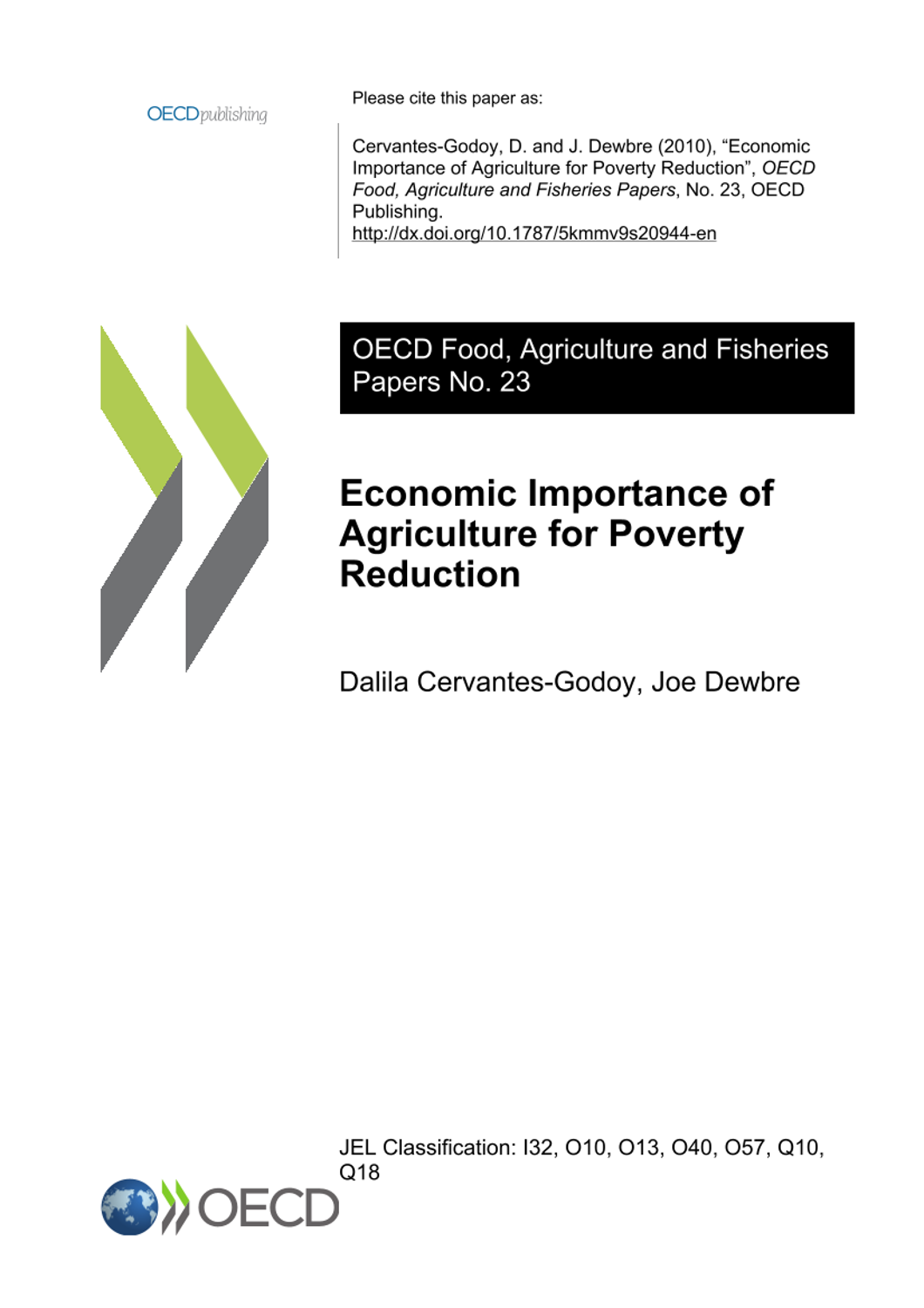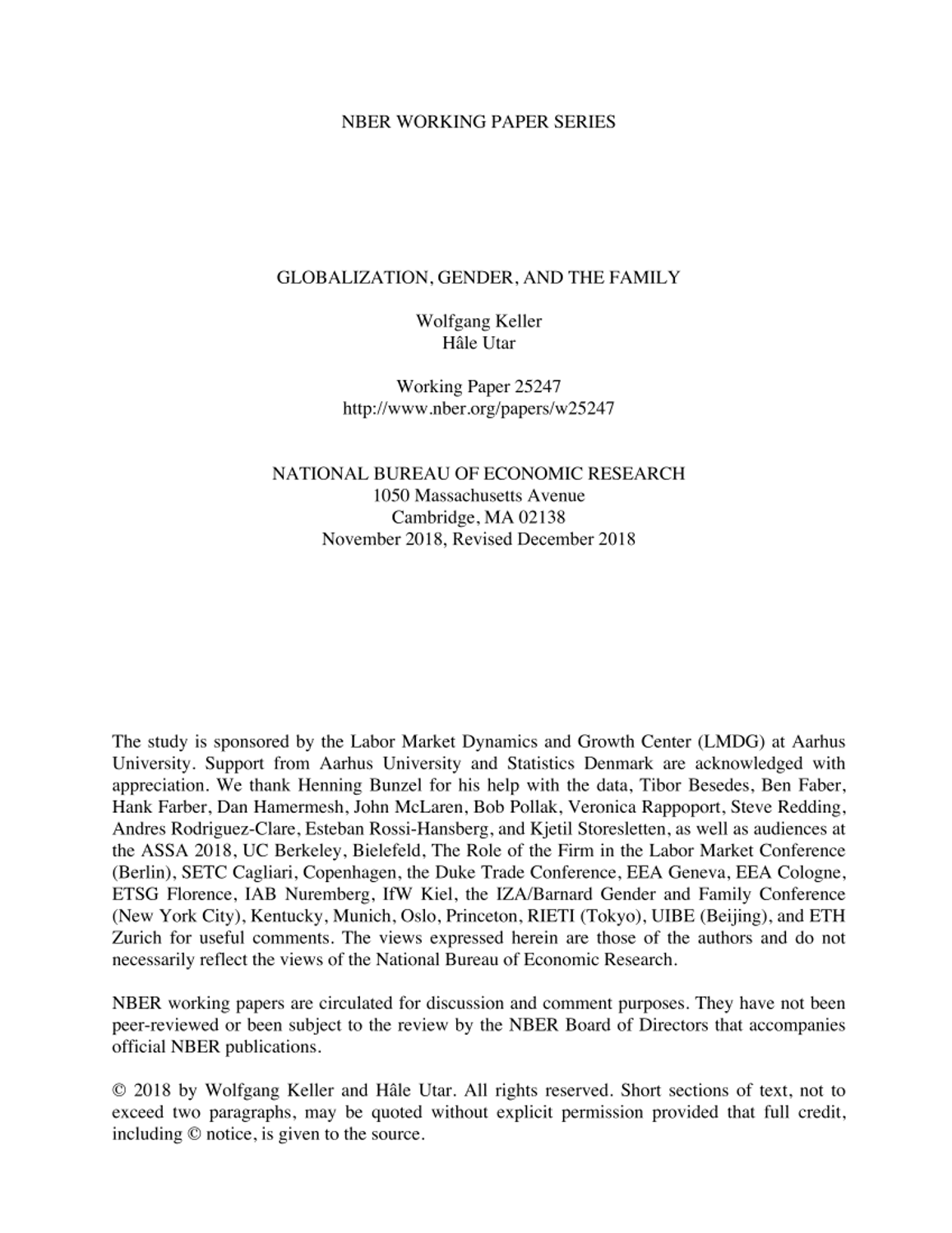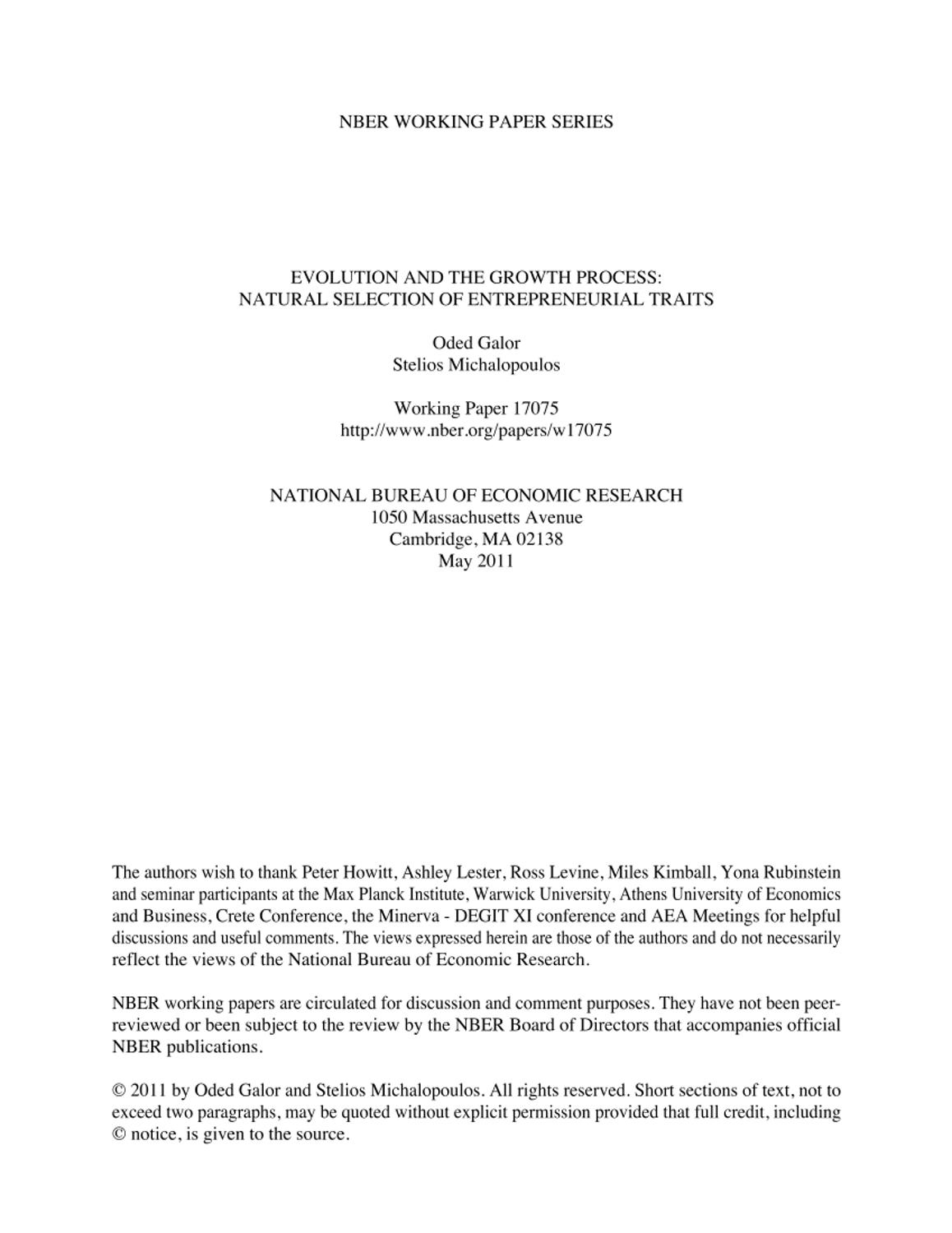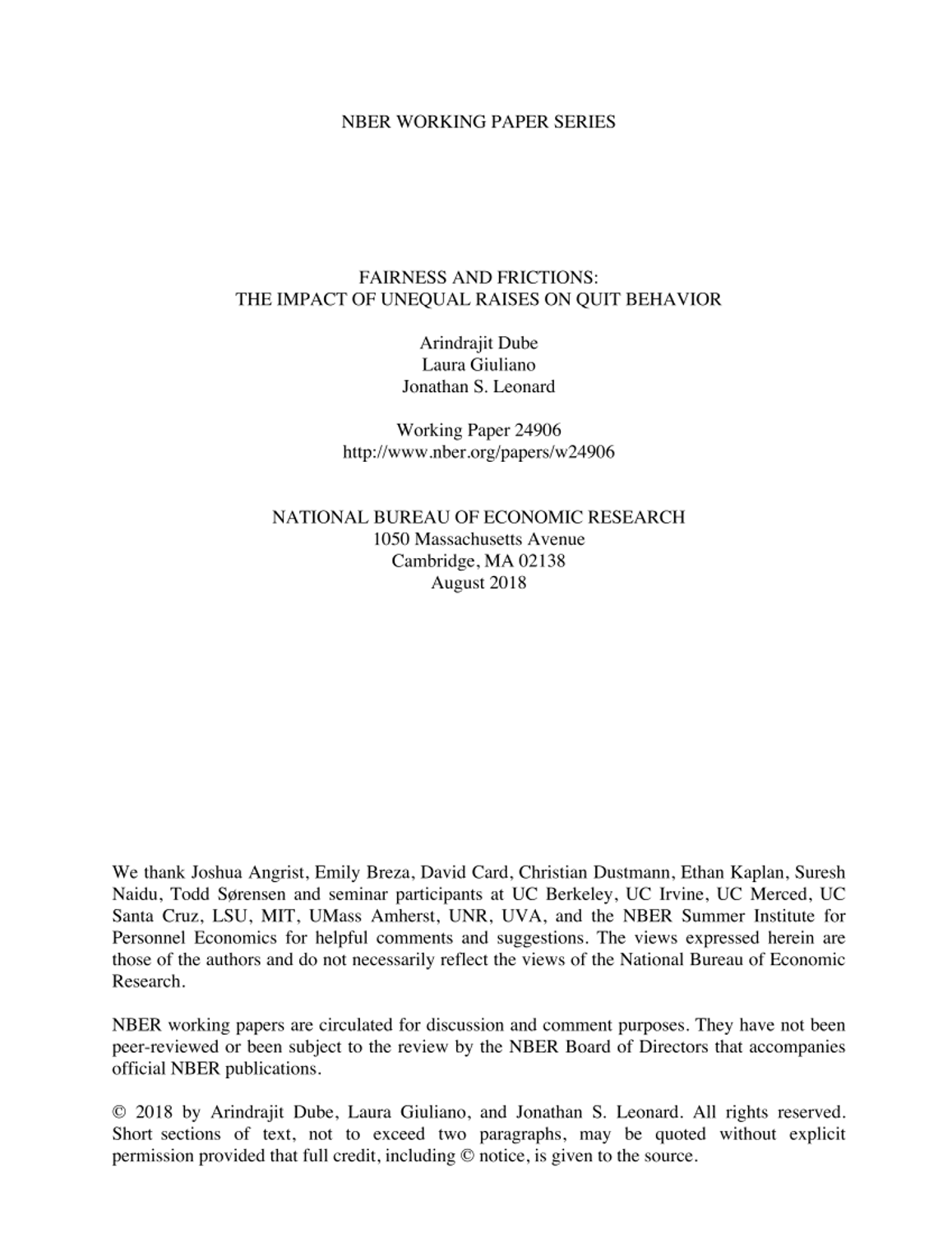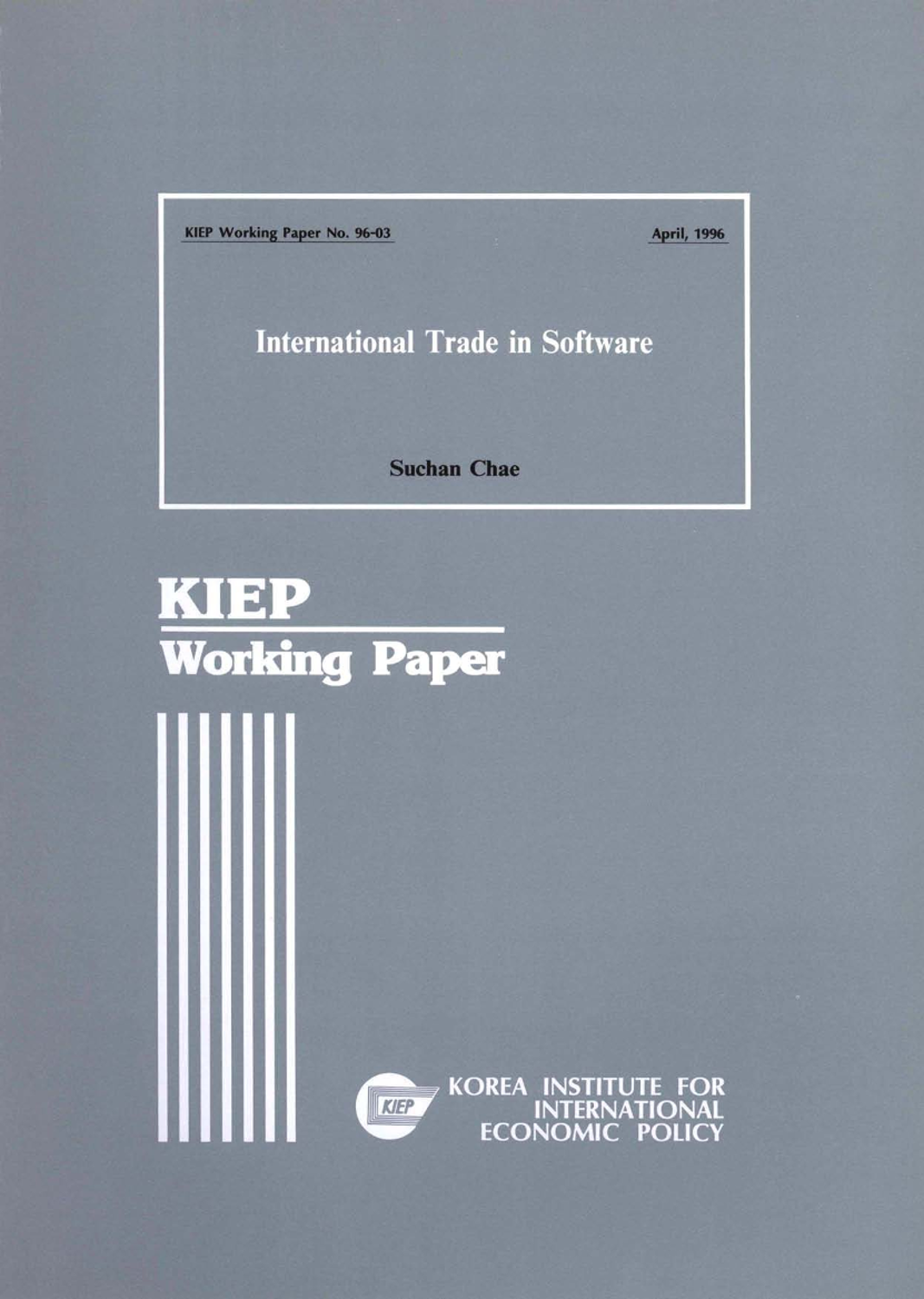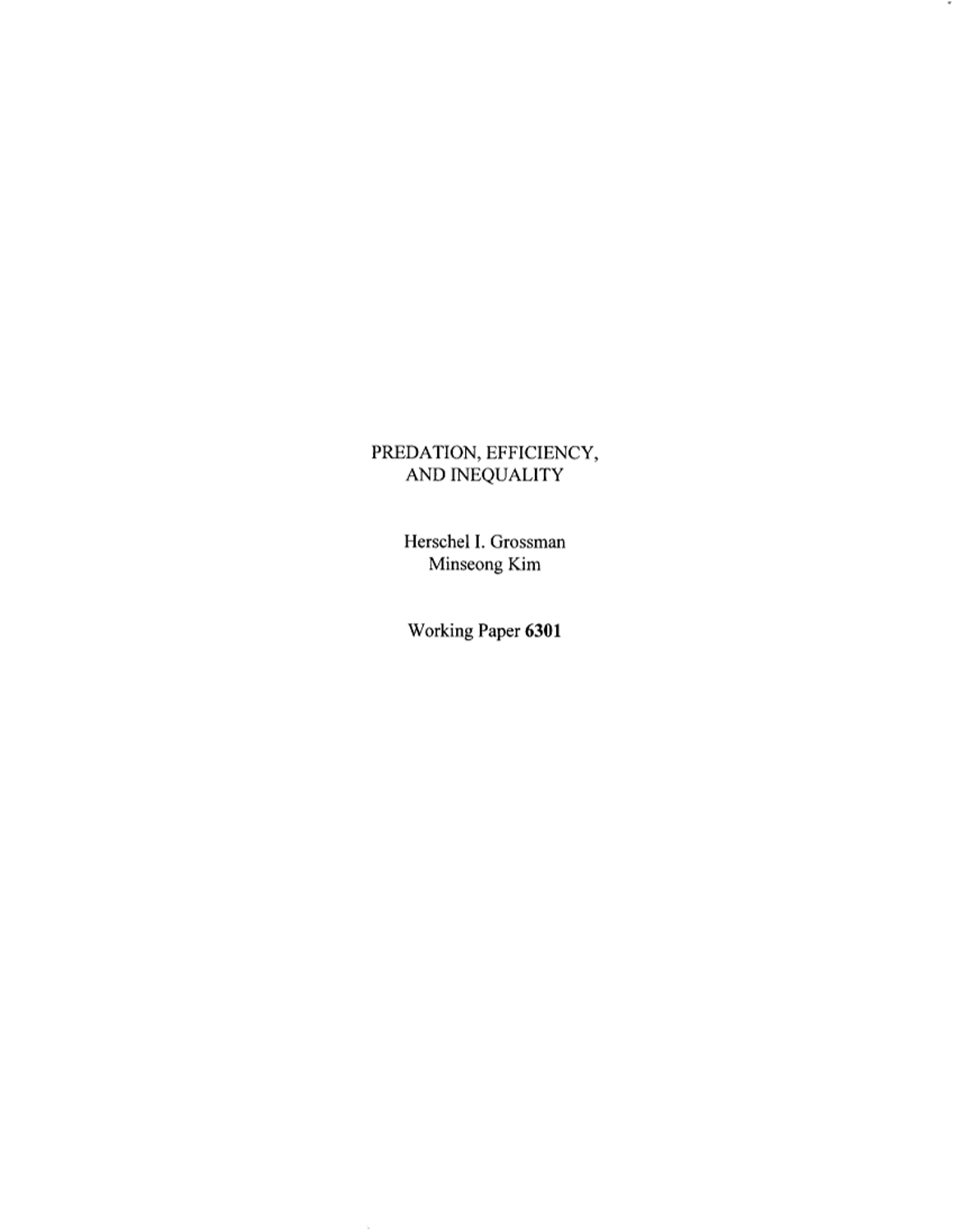연구보고서OECD Food, Agriculture and Fisheries Papers 23
Economic importance of agriculture for poverty reduction
- 청구기호
- WP 23
- 발행사항
- France : OECD, 2010
- 형태사항
- 27 p. :. PDF file ;. 663 KB
- 바로가기
소장정보
| 위치 | 등록번호 | 청구기호 / 출력 | 상태 | 반납예정일 |
|---|---|---|---|---|
이용 가능 (1) | ||||
| E0001574 | 대출가능 | - | ||
이용 가능 (1)
- 등록번호
- E0001574
- 상태/반납예정일
- 대출가능
- -
- 위치/청구기호(출력)
책 소개
The Millennium Declaration set 2015 as the target date for halving the number of people living in extreme poverty. Exceptional progress in some developing countries makes achieving that goal globally a realistic possibility. However, many countries will fall far short, and up to 1 billion people are likely to remain destitute by the target date. Why are some countries doing better than others? This paper seeks to answer this question by looking for shared characteristics of twenty-five developing countries posting extraordinary success in reducing extreme poverty over the past twenty to twenty-five years. These countries were compared using indicators of their macro-economic characteristics and, especially, their agricultural economic characteristics. The countries chosen for analysis constitute a highly diverse mix. The group includes some of the poorest and some of the richest developing countries in the world, representing virtually all geographic regions. The countries also differ greatly in their systems of governance and economic management. Yet, they are surprisingly similar in their achievements, not only in reducing poverty, but across the broad range of macroeconomic and agricultural economic performance measures used to compare them. Findings from time-series, cross-section regression analysis reveal that while economic growth generally was an important contributor to poverty reduction, the sector mix of growth mattered substantially, with growth in agricultural incomes being especially important.

